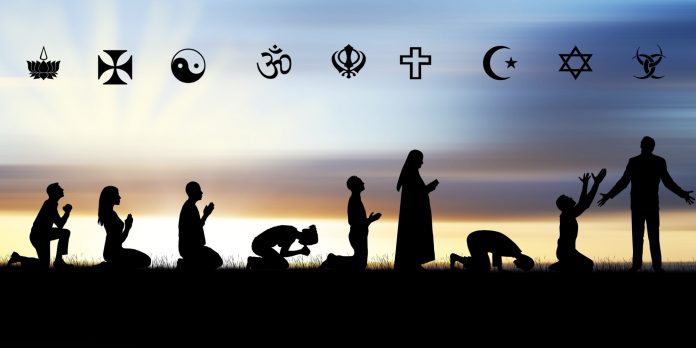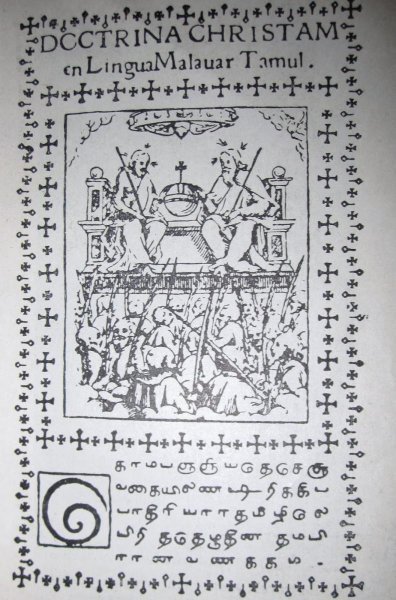prasad1
Active member
This is not the first time, about this topic. But it seems to be bothersome to some of us.
 Image Source - https://www.huffingtonpost.com/2013/08/07/inspiring-interfaith-top-quotes_n_3678988.htmlIntroduction
Image Source - https://www.huffingtonpost.com/2013/08/07/inspiring-interfaith-top-quotes_n_3678988.htmlIntroduction
India is always known for its cultural, linguistic and religious diversity. As evident, it is the birthplace of four major religions of the world: Hinduism, Buddhism, Jainism, and Sikhism. In 1950, Constitution through 42nd Amendment Act, 1976 declared India as a secular state which means everyone has a right to practice his or her religion peacefully. In India, there is a Constitutional safeguard for religious conversion as a right to freedom of religion. But the question arises to what extent these religious conversions are protected under freedom of religion? So, the main object of this article is to analyze the scope of freedom of religion guaranteed under a fundamental right and to solve as many as queries in the context of religious conversions.
India does not have any state religion nor it patronizes any specific religion. Religion is basically a matter of choice, faith or sets of belief. According to Webster’s Comprehensive Dictionary, religion means a belief binding the spiritual nature of man to a supernatural being as involving a feeling of dependence and responsibility, together with the feelings and practices which naturally flow from such a belief. Everyone should be left free to choose the religion of their choice. For this, Indian Constitution provides the freedom to profess, practice and propagate any religion to all persons. Religious conversion is one of the most heated issues in the society and politics which can be defined as the adoption of any other religion or of a set of beliefs by the exclusion of other i.e. renouncing one religion and adopting another. There are various reasons for which people do convert their religion like:
 Image Source - https://www.huffingtonpost.com/2013/08/07/inspiring-interfaith-top-quotes_n_3678988.htmlIntroduction
Image Source - https://www.huffingtonpost.com/2013/08/07/inspiring-interfaith-top-quotes_n_3678988.htmlIntroductionIndia is always known for its cultural, linguistic and religious diversity. As evident, it is the birthplace of four major religions of the world: Hinduism, Buddhism, Jainism, and Sikhism. In 1950, Constitution through 42nd Amendment Act, 1976 declared India as a secular state which means everyone has a right to practice his or her religion peacefully. In India, there is a Constitutional safeguard for religious conversion as a right to freedom of religion. But the question arises to what extent these religious conversions are protected under freedom of religion? So, the main object of this article is to analyze the scope of freedom of religion guaranteed under a fundamental right and to solve as many as queries in the context of religious conversions.
India does not have any state religion nor it patronizes any specific religion. Religion is basically a matter of choice, faith or sets of belief. According to Webster’s Comprehensive Dictionary, religion means a belief binding the spiritual nature of man to a supernatural being as involving a feeling of dependence and responsibility, together with the feelings and practices which naturally flow from such a belief. Everyone should be left free to choose the religion of their choice. For this, Indian Constitution provides the freedom to profess, practice and propagate any religion to all persons. Religious conversion is one of the most heated issues in the society and politics which can be defined as the adoption of any other religion or of a set of beliefs by the exclusion of other i.e. renouncing one religion and adopting another. There are various reasons for which people do convert their religion like:
- Voluntary Conversions i.e. conversions by free choice or because of change of beliefs.
- Forceful Conversions i.e. conversions by coercion, undue influence or inducement.
- Marital Conversions i.e. conversions due to marriage.
- Conversion for convenience.
Last edited:


